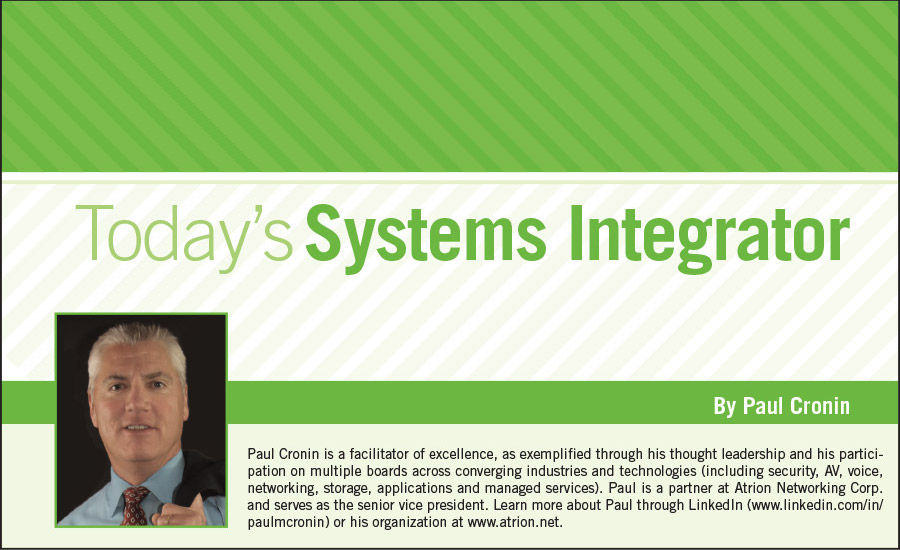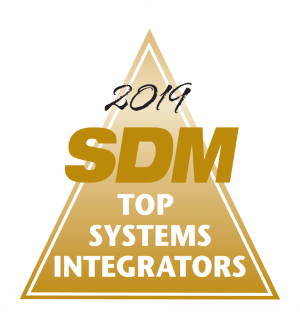After I sold my second integrator company Atrion Networking, a $156 Million dollar IT integrator located in the Northeast, I started doing some consulting work. Over the last few months I have participated at the Business Leadership Conference, CompTIA annual member meeting, ISC West and the Channel Partners Conference. Throughout these events I had a chance to connect with a lot of leaders of integrators across multiple industries. One of the most interesting things I observed was the focus on acquisitions as a primary growth strategy.
Over the years I have been preaching the partner, build, buy model. I felt starting with partnering allowed integrators to understand the new market they were considering entering into and at the same time begin to build some critical mass prior to making a significant investment of time and money. I have shared insights about the partnership model in previous articles related to becoming a facilitator of excellence. However it appears some are going right to acquisition and the darlings appear to be the IT integrators.
Automation & control, telecom, AV and physical security companies are now focusing on moving up the stack to become more relevant to their clients on the network. Why wouldn’t they? Based on most proprietary systems of the past moving to open standards, one IP-centric network has emerged as the primary transport for all applications. Not only is it carrying the traffic of today but it is quickly evolving with new devices related to the “Internet of Things” (I had to say it). Most of the applications that drive the business are being delivered in the cloud over the network.
The network, data and the delivery of applications safely are what make IT integrators so valuable to their clients’ businesses. A lot of IT integrators have been delivering managed services for years and were the first to adopt new cloud services like email, voice and their own application as a service offerings. Some of them have the ear of the IT leadership and play a role in advising clients on how applications should connect to the network and be supported.
However when I look across the IT industry I see a lot of differences in business and delivery models. Some integrators focus on the SMB market and they act as the IT department for those companies. Some focus on the mid-market and partner with IT and others focus on enterprise clients and provide niche services to well established IT departments. These different go-to-market strategies and others can make acquiring an IT integrator a very risky adventure if not carefully assessed up front.
Here are a few things of a long list to consider in your search for an IT Integrator based on my own experience selling two of them and buying one:
-
Is the integrator a sales-driven company or an engineering-driven company (most of the time they don’t integrate well)?
-
Who are the integrator’s clients and more specifically who are the decision makers they are working with? Determine if they will align with your client focus.
-
Assess the average tenure of the clients, per client revenue and average days for payment.
-
Discuss their appetite for innovation.
-
Assess the revenue per employee, which should be in the $350K - $450K range.
-
Explore the managed service portfolio and determine if the tool set is a platform for layering new services on top or limited in what new technologies it can deliver.
-
Understand their cloud strategy and look for evidence of internal success and client adoption.
-
Determine if their recurring services are billed annually, multi-year or monthly.
-
How are their sales people compensated? Cash is king and compensation models are important components of protecting margin.
-
What is their hardware, software and service sales ratio?
Every successful acquisition can point to great leadership as a major contributor to its success. Invest in assessing the qualifications of the leadership team and what is the retention rate of the employees.








